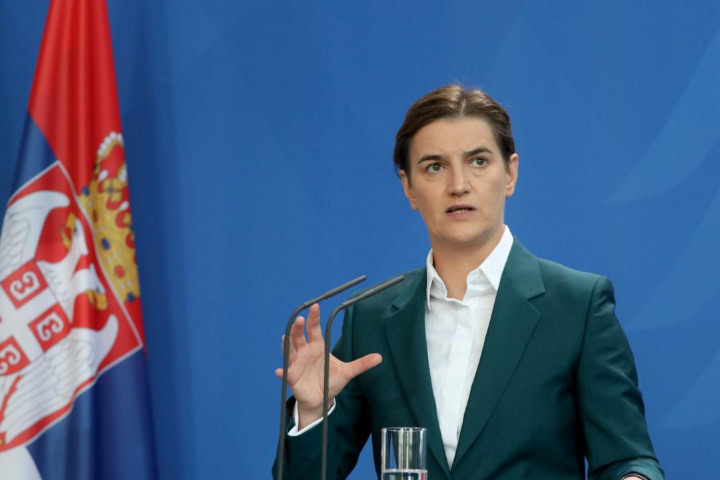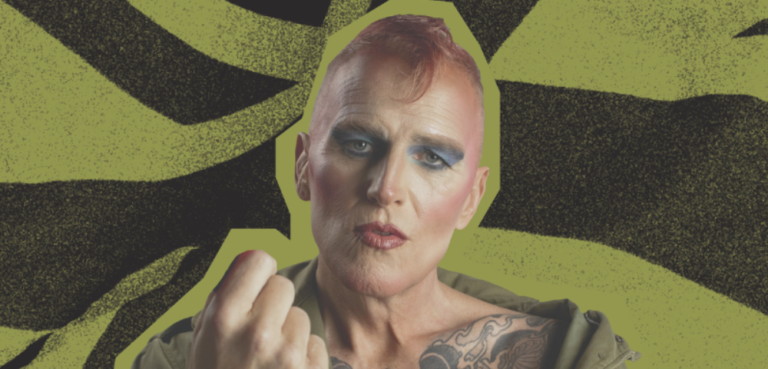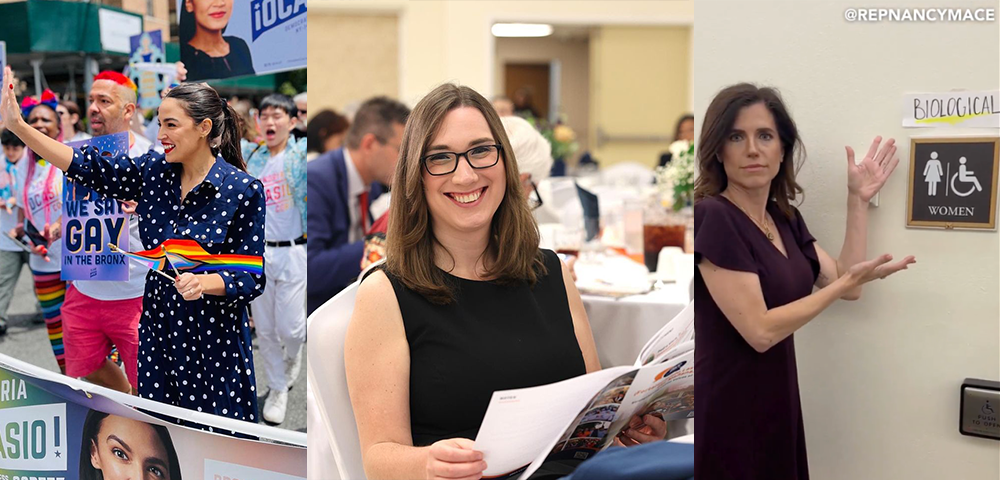
Serbia’s Openly Lesbian Prime Minister Re-Elected

In what seems like a win for the LGBTQI community in Serbia, Ana Brnabic has been re-elected for a second term as Prime Minister of Serbia.
Brnabic became Serbia’s first female Prime Minister in 2017 and also holds the distinction of being the first openly gay Prime Minister of Serbia and the second ever female LGBTQI head of government in the world.
She is also the first openly gay Prime Minister whose partner gave birth while the Prime Minister was in office, which is a pretty impressive list of distinctions.
This is the second term for Brnabic, who is now a member of the Serbian Progressive Party, after being elected as a non-partisan politician. She was nominated by the Serbian President Aleksandar Vucic to remain in office and first became Prime Minister after Vucic resigned the post after announcing his candidacy in the Presidential election in 2017.
Vucic made his announcement at a news conference after a meeting with his populist Serbia Progressive Party, which won the election that was held on June 21. The election was boycotted by the major opposing parties who were accusing president Vucic of censoring media content critical of his presidency.
Defending Brnabic at a press conference on Monday Vucic said, “Brnabic didn’t use her term of office to benefit foreign or local power centers, she just fought for the interests of this country.”
But after researching the true state of affairs for the LGBTQI community in Serbia, things are not as rosy as they first seem.
First of all, Brnabic is not popular with the LGBTQI community and was told she wasn’t welcome at the 2018 pride parade because of a perceived lack of progress on LGBTQI issues. She created tension after first becoming Prime Minster in 2017 when she told crowds at Pride that their issues would not be addressed until the country had tackled more important issues including inflation, pensions and standard of living.
And in 2019, Brnabic’s government moved to ban artificial insemination and IVF for anyone who has “a history of homosexual relations” within the last five years – even though that’s how she herself conceived a child with her lesbian partner that same year.
Same sex marriage is still constitutionally prohibited in Serbia and even though the LGBTQI community officially do enjoy some legal protections when it comes to anti-discrimination laws, homophobia is common in the general community.
Finally, according to confronting 2018 data from the Equal Rights Association, 26% of the Serbia’s population would cease contact with a person if they learned that person was LGBTQI, 38% of population believed that homosexuality was a disease, 48% of parents would seek medical treatment for their LGBTQI child, 70% opposed the right of an LGBTQI person to inherit the property of their deceased partner, and 90% opposed child adoption by LGBTQI people.










Well Done! ✔️✔️✔️